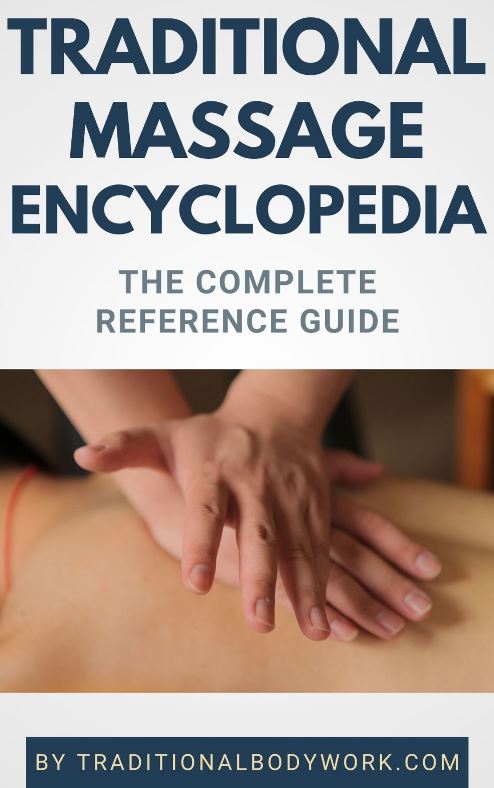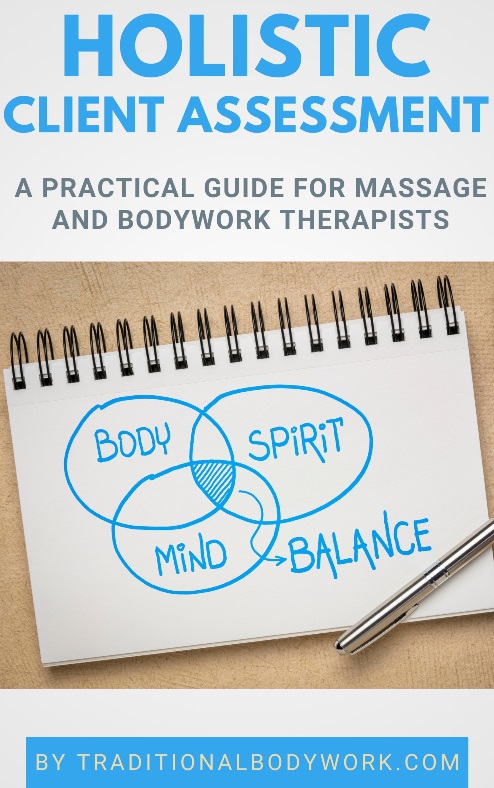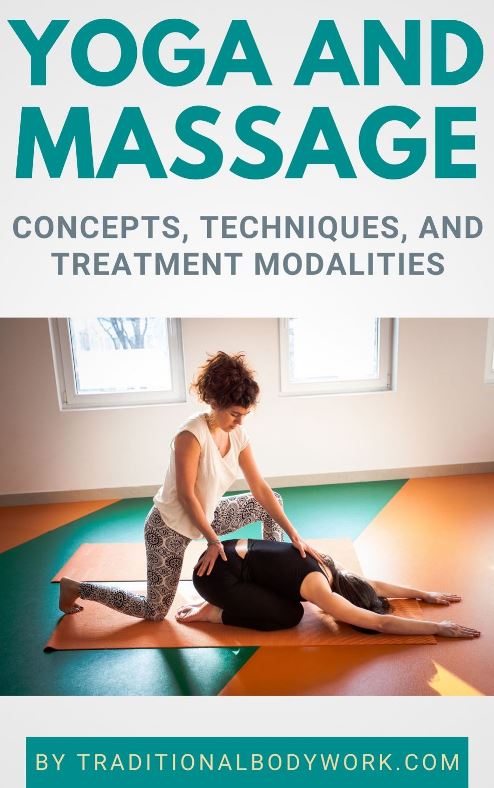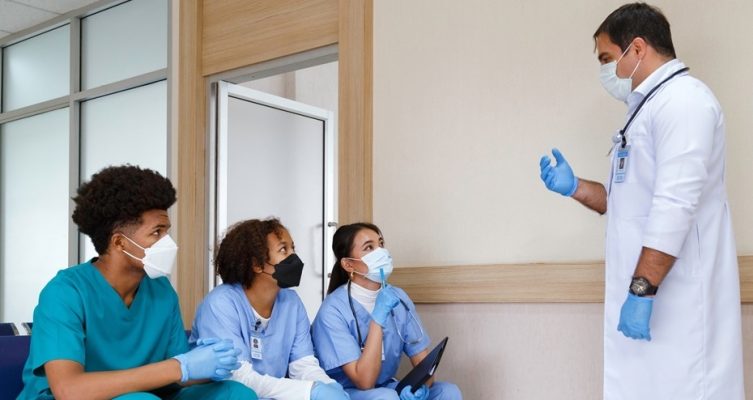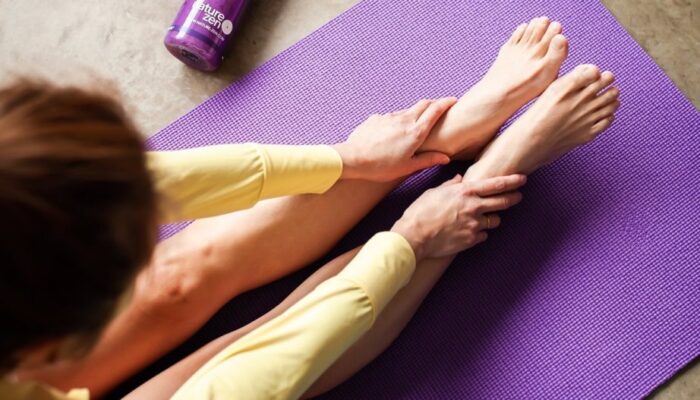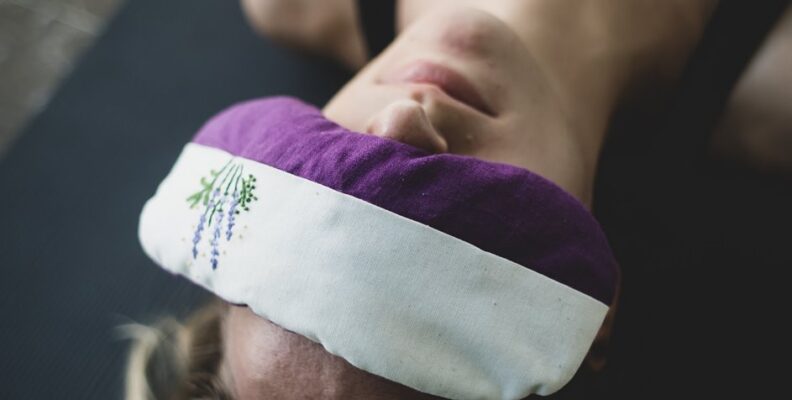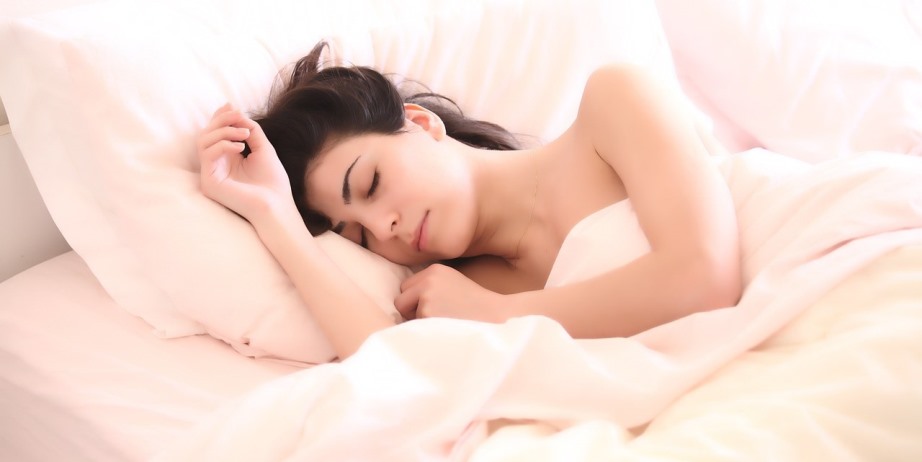
Students juggling academic pressures, extracurricular activities, and social commitments often find that getting quality sleep feels like an impossible luxury. Yet quality rest is vital for cognitive function, emotional well-being, and overall health – among the various strategies available, massage therapy stands out as a holistic yet effective approach that they can integrate into their routines to increase restfulness.
Understanding the Sleep Struggle
The Student Sleep Dilemma
Student life often brings about irregular schedules, heightened stress, and disrupted sleep patterns due to assignment deadlines, exam preparation, and part-time job management. These factors significantly impact concentration, memory retention, and overall academic performance. To address these challenges, students seek strategies to manage their workload more efficiently.
Leveraging reputable writing services can aid in balancing academic responsibilities by providing support for tasks like assignments or research papers. This assistance alleviates academic pressures contributing to sleep disruptions, fostering a more balanced approach to commitments and potentially enhancing overall sleep quality. However, it’s very important for students to find not only a dependable and trustworthy writing service but also an affordable one. Looking for affordability? Check out these cheap writing service reviews.
The Role of Quality Sleep
Adequate sleep is not merely about the number of hours spent in bed but also about the quality of rest. Deep, uninterrupted sleep phases, where the body undergoes crucial repair and rejuvenation, are essential for optimal functioning during waking hours.
Enter Massage Therapy
The Therapeutic Touch
Massage therapy, renowned for its relaxation and stress-relieving benefits, offers more than just physical relief. A well-executed massage session triggers the body’s relaxation response, releasing tension, reducing stress hormones, and promoting a sense of calmness—a perfect antidote to the pressures of student life.
Impact on Sleep Quality
Research suggests that regular massage sessions positively influence sleep patterns. Massage therapy aids in regulating sleep hormones, such as serotonin and melatonin, promoting deeper, more restorative sleep. This enhanced sleep quality allows students to wake up feeling refreshed and mentally sharp.
How Massage Facilitates Better Sleep
Stress Reduction
Massage sessions effectively alleviate physical and mental stress, which can be a significant barrier to falling asleep. Reduced stress levels contribute to a more relaxed state conducive to falling asleep faster and experiencing deeper sleep stages.
Muscle Relaxation
Tense muscles often result from prolonged sitting, studying, or engaging in various activities. Massage eases muscle tension, enhancing physical comfort and promoting a more comfortable sleep experience.
Mind-Body Connection
The calming effects of massage therapy extend beyond the physical body. It nurtures mindfulness, helping students disconnect from daily worries and allowing the mind to unwind and prepare for restorative sleep.
Incorporating Massage into Student Life
Setting Regular Sessions
While incorporating massage into a student budget may seem challenging, prioritizing self-care can yield immense benefits. Opting for occasional professional massages or exploring more affordable options, such as chair massages or self-massage techniques, can significantly contribute to improved sleep quality.
Building a Relaxation Routine
Integrating massage into a bedtime routine signals the body to wind down. Students can incorporate self-massage techniques, soothing oils, or relaxation exercises before bedtime to cue the body for a restful night’s sleep.
The Science behind Massage and Sleep
Neurochemical Impact
Massage therapy triggers the release of neurotransmitters like serotonin and endorphins, commonly associated with feelings of relaxation and well-being. These chemicals not only alleviate stress but also play a crucial role in regulating sleep-wake cycles. The resulting increase in serotonin can convert to melatonin, the hormone responsible for inducing sleep, thus fostering a deeper and more restorative slumber.
Regulating Sleep Patterns
Regular massage sessions can assist in resetting disrupted sleep patterns. For students dealing with irregular sleep due to late-night study sessions or varying schedules, consistent massage therapy can aid in establishing a more stable sleep routine. Over time, this regularity can promote a natural sleep rhythm, enhancing the overall quality and duration of sleep.
Practical Integration of Massage into Student Life
Accessible Techniques
While professional massages are beneficial, students can also explore self-massage techniques or utilize massage tools like foam rollers or handheld massagers. Additionally, considering the benefits of holistic approaches, exploring the use of immune herbs for students can complement relaxation practices. Incorporating simple relaxation methods before bedtime, such as gentle stretching or practicing deep breathing, amplifies the effects of massage, preparing the body and mind for rest.
Creating a Relaxing Environment
Beyond the massage itself, cultivating a conducive sleep environment contributes significantly to sleep quality. Dimming lights, disconnecting from electronic devices, and ensuring a comfortable sleep surface complement the effects of massage, enhancing the overall sleep experience.
Self-Care Prioritization
Embracing the philosophy of self-care among students is crucial. Recognizing the value of quality sleep and dedicating time to activities that promote relaxation, like massage, is an investment in overall well-being. By prioritizing self-care, students acknowledge the importance of mental and physical health in achieving academic success.
Conclusion: Empowering Sleep through Massage
In the hustle and bustle of academic life, sleep quality often takes a backseat. However, understanding the profound impact of quality sleep on academic performance and overall well-being highlights the significance of interventions like massage therapy. By harnessing the therapeutic benefits of massage, students can unlock the potential for deeper, more rejuvenating sleep, enabling them to approach their academic pursuits with clarity, focus, and renewed energy.
Additionally, complementing these relaxation practices with the assistance of reputable writing services can alleviate academic pressures. This combination empowers students to manage their workload more efficiently, fostering a more balanced approach to commitments and potentially enhancing overall sleep quality. However, remember to read writing services reviews before utilizing any of these services. Such an approach will help you choose the most reliable service for your needs.

